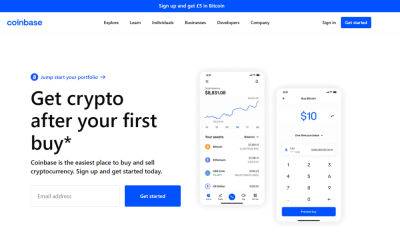My fiance was killed driving a Bolt car. Yet the rights for gig economy workers are still pitiful
Two years ago today my fiance, Gabriel Bringye, was killed while driving for Bolt, an app that failed to raise so much as a welfare check while he was stationary and inactive for almost six hours.
You always think you’ll get more time with the people you love, and Gabriel and I did take our time. We met when I was 22, and were good friends for 10 years. When I needed somewhere to live, he and his sister Renata invited me into their home. You get to know someone in a different way when they see you every day in your pyjamas and with no makeup on. You see each other as you truly are. And that was how I fell in love with him.
The people who killed Gabriel didn’t know him, the kind and generous man who loved fishing and the forest; who was a loyal brother, a father-figure to his nephew, Nikolas, and my soulmate. The teenagers who killed Gabriel used the Bolt app to make a “trap booking”, planning to rob whichever driver came. It looks like an unforeseeable tragedy unless you know what life is like for people working in the gig economy.
Many drivers and couriers working for these platforms do so in fear. Many of them have been hurt or harassed on the job. The corporations made rich by the hard work of those such as Gabriel have little in place to protect or support the workers in times of injury or illness. And that is why there is no justice for Gabriel without change.
Bolt introduced welfare checks on static vehicles after Gabriel’s killing. I don’t know whether, if the Bolt app had raised some alarm when Gabriel stopped responding, there might have been a chance to save his life. What I do know is how little regard Bolt and its regulator, Transport for London (TfL), has for the lives of precarious gig workers, most of whom are
Read more on theguardian.com













![Polkadot [DOT] stays ahead of the competition in this area - ambcrypto.com - city Santimentthe - city Santimenton](https://finance-news.co/storage/thumbs_400/img/2023/3/6/58521_ejk.jpg)

